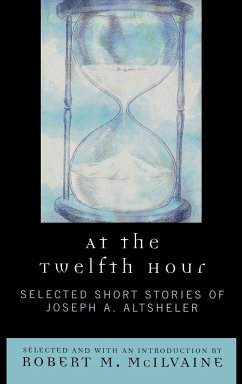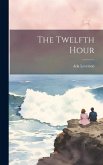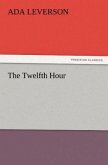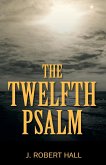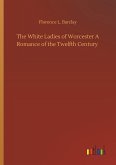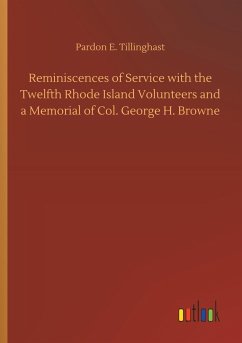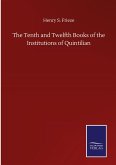Joseph A. Altsheler was probably the most popular American author of boys' fiction in the first half of the twentieth century. Although his peak of popularity is past, his novels are frequently listed on ebay and find a ready audience. New printings of his most popular novels are still being issued.
Hinweis: Dieser Artikel kann nur an eine deutsche Lieferadresse ausgeliefert werden.
Hinweis: Dieser Artikel kann nur an eine deutsche Lieferadresse ausgeliefert werden.
The nine stories in this collection are considered to be the author's best short fiction...If you enjoy Altsheler's historical novels you will enjoy these short stories. If you've never read Altsheler consider this a sampler that introduces his work. Dime Novel Round-Up, October 2008 Interviewer: What do you read nowadays, when pleasure dictates? Bellow: Well, I did a strange thing. I went to the Brookline Library and looked up a writer named Altsheler. Altsheler was a writer of the boys books that I liked when I was a kid in Chicago...I went through the entire shelf. He wrote about the frontier and the struggles with the Indians. He seems to have known a lot about the Iroquois - he even knew their language it turns out. Marvelous writer. I ordered up a lot of them from libraries all over the area. The latest editions of the books are around 1929 or so ... In the late 20's I was reading them- Interviewer: What's that like? Bellow: Well, of course they're foolish to read now. But I can see why they were terribly attractive. They were about freedom, strength, ingenuity, patience, learning the lore of the forests, going it alone with only your gun, a bow and arrow, or a knife, a few fishhooks in your pocket, escaping from terrible dangers... shades of Fenimore Cooper. I read these books when I'm in the pits, when I can read nothing else. -- Sven Birkerts, A Conversation with Saul Bellow, pp. 1-10, From the 1997 issue of the literary Magazine AGNI, published at Boston University Interviewer: What do you read nowadays, when pleasure dictates? Bellow: Well, I did a strange thing. I went to the Brookline Library and looked up a writer named Altsheler. Altsheler was a writer of the boys books that I liked when I was a kid in Chicago...I went through the entire shelf. He wrote about the frontier and the struggles with the Indians. He seems to have known a lot about the Iroquois - he even knew their language it turns out. Marvelous writer. I ordered up a lot of them from libraries all over the area. The latest editions of the books are around 1929 or so ... In the late 20's I was reading them- Interviewer: What's that like? Bellow: Well, of course they're foolish to read now. But I can see why they were terribly attractive. They were about freedom, strength, ingenuity, patience, learning the lore of the forests, going it alone with only your gun, a bow and arrow, or a knife, a few fishhooks in your pocket, escaping from terrible dangers... shades of Fenimore Cooper. I read these books when I'm in the pits, when I can read nothing else. -- Sven Birkerts, "A Conversation with Saul Bellow," pp. 1-10, From the 1997 issue of the literary Magazine AGNI, published at Boston University

